


Dead Or Alive Xtreme 3 is not coming to the West. It’s not uncommon for a Japanese game to not make the jump across the Pacific to North America, but Dead or Alive is a well-known and fairly popular franchise outside of Asia, so at first thought this snub seems especially bizarre.
Publisher Koei Tecmo’s reasoning for the snub has been the cause of much heated debate over the past few days. A member of the company posted on its Facebook page that the publisher simply wanted to avoid any potential backlash about how the game represents women.
"Do you know many issues [are] happening in [the] video game industry with regard to how [to] treat women? We do not want to talk [about] those things here,” the publisher said. ”But certainly we have gone through it [in the] last year or two to come to our decision. Thank you."
Going by that statement, it seems as though the publisher has made a conscious decision to avoid localisation and therefore deflect criticism of its games: if it’s not released in the West, then it can’t be marketed to the West. The problem, however, is that there’s still a backlash, but it’s probably not quite what the publisher expected. Instead, the backlash is now firmly focused on the publisher’s cowardice. Well, at least it should be. If you’re angry about the game not coming to the West, you should be angry at the publisher and no one else.
That’s because, as Dead or Alive creator Tomonobu Itagaki alluded to on Facebook, it’s a marketing ploy (although perhaps unintentional) that sacrifices open discourse on controversial issues for the sake of selling a few extra copies. If you’re in the market of blaming others for the game’s snub of the West, I suggest you take the time to think about what it is that actually drove the publisher to ignore the region.
Now, there are people who trivialise the creative process, honing in on specific depictions as a means to devalue and demonise a creator’s intentions. Some place unrealistic expectations of equality on creators, in the process bridging the gap between reality and imagination. I don’t wish to shut down discourse, particularly around how certain groups are represented in games. But at the same time, I think it’s absolutely vital that a creator is able to open up their own interpretations of certain groups to critique.
That’s why I’m livid with Koei Tecmo. I don’t even like the Dead or Alive series, but to suggest that it’s not releasing the game here so as to avoid the discussion around its treatment of women is a slap in the face for the entire creative process. The “issue” it references in the Facebook post won’t go away, and dare I say it’s now been amplified. People are also going to import a game that its own publisher thinks is at odds with how people think about sexuality in the West. Its product is now “taboo”. The Facebook post is an admission of guilt, when the game is guilty of nothing other than expressing itself and offering a unique and certainly off-the-wall representation of women.
I’d hope that we lived in a world that embraced that sort of creativity, and that also challenged anyone that tried to break it down. In essence, Koei Tecmo is pandering to an audience that, while frustrating for me personally, simply wants to discuss what it sees as a “problematic” sense of creativity. Do I think that those contributing to that debate are to blame for the game’s snub of the West? I’d be lying if I said I didn’t think they were complicit in shaping the publisher’s decision. But I don’t blame their concerns directly for it, and I think that focusing frustrations on that audience treats Koei Tecmo’s decision as one that was made under duress or force, which it wasn’t.
And so who benefits out of this? We’ve already seen Play-Asia, an online game exporter, who, by turning the blame away from the publisher, looks set for a financial windfall from the game’s sale. I’m not suggesting people should boycott the publisher. The snub was a decision made by a private company, which it’s well within its right to do. However, as much as I think a lot of the discussion around representation is regressive (ironically so), I think the publisher’s decision is a shot in the foot for those that so passionately fight against the castration of the creative process. That’s because it panders to a discourse that should never, ever dictate which games we play and, importantly, which games are made. We expect Koei Tecmo to stand up for that, and, ultimately, it didn't. Yet it will still benefit from that by selling the game to the West via exporters.
Meanwhile, we're stuck here pointing the finger at each other, wondering who to blame. I think it's pretty obvious who it falls down to.
What do you think about Koei Tecmo's decision? Do you think it matters? Does it frustrate you? Sound off below!
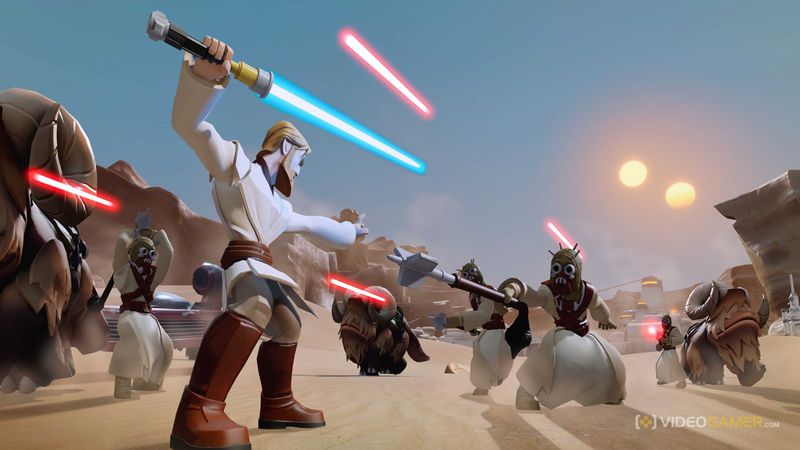
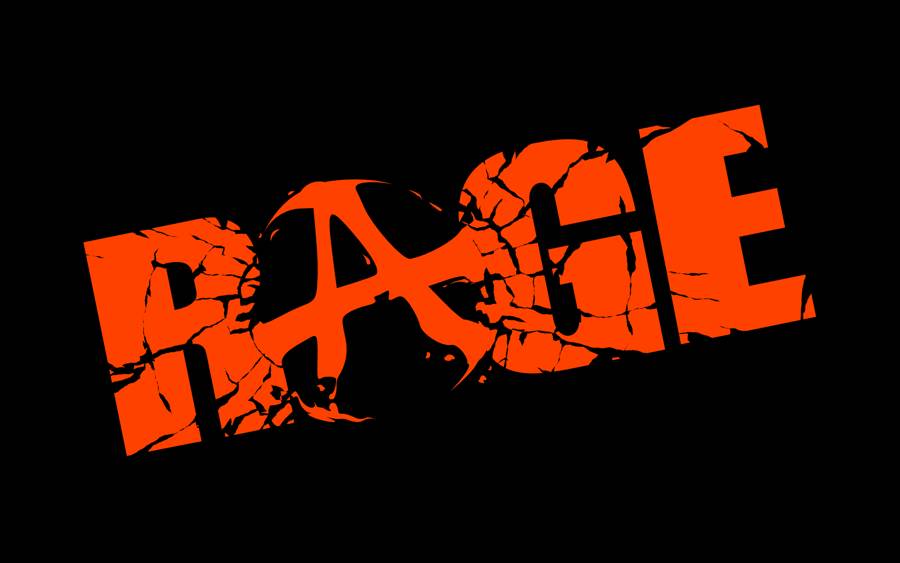


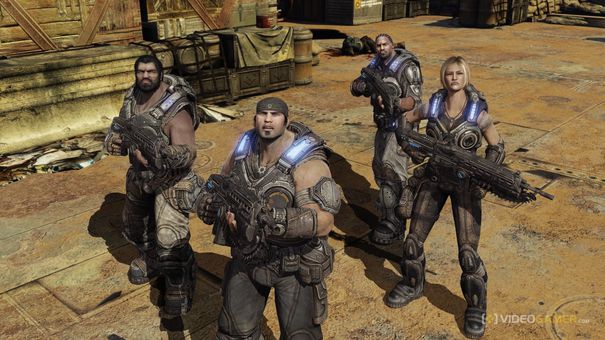 Gears Of War: Has Microsoft Committed An Epic Fail?
Gears Of War: Has Microsoft Committed An Epic Fail?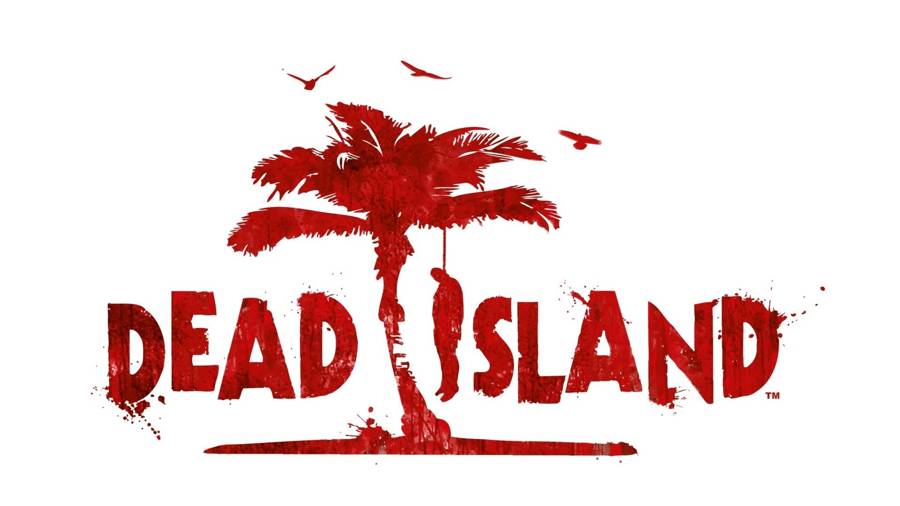 Dead Island City Of Moresby Side Quest Guide (Chapters 3-5)
Dead Island City Of Moresby Side Quest Guide (Chapters 3-5)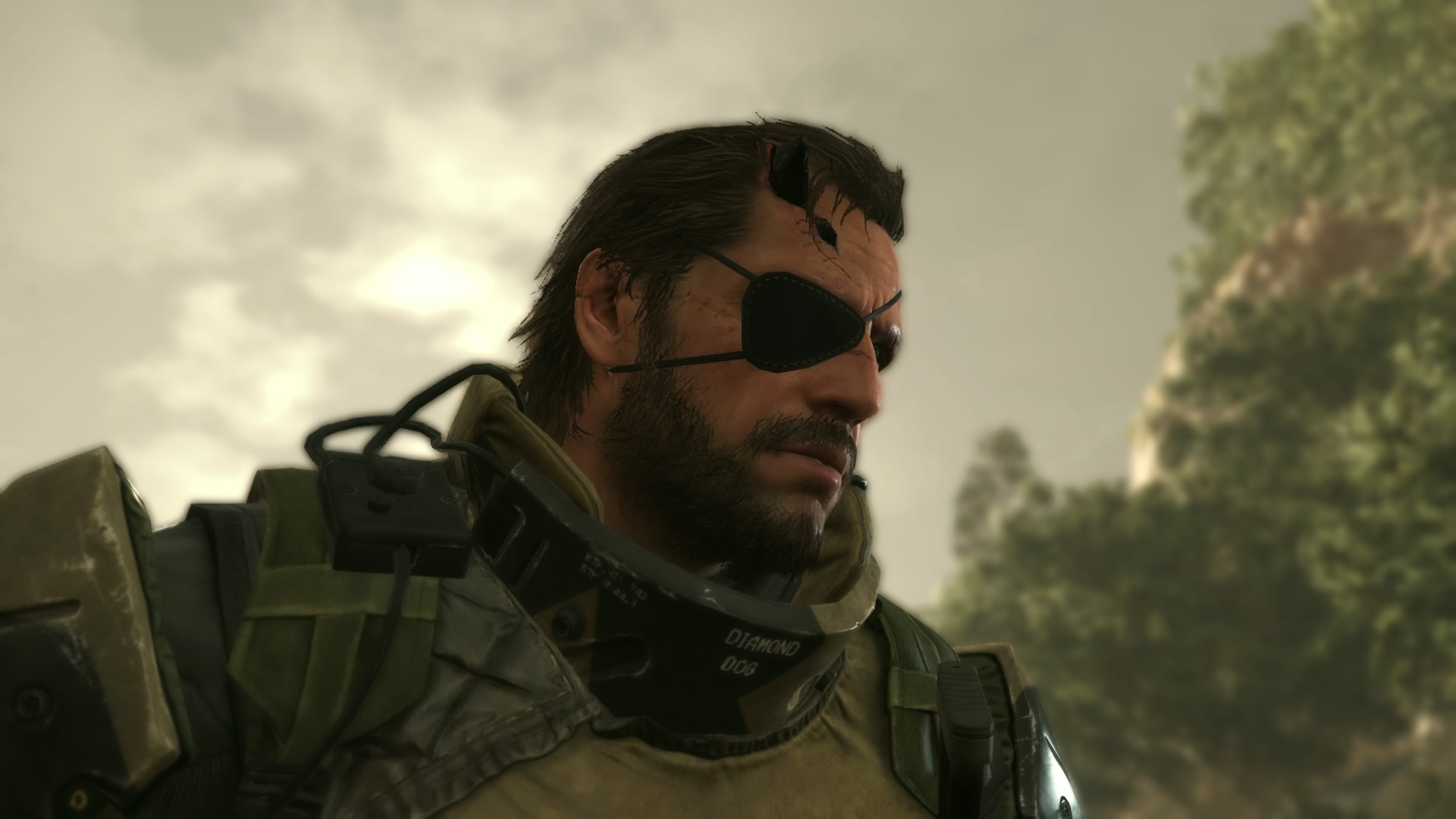 Metal Gear Solid 5: The Phantom Pain Episode 13 – Pitch Dark
Metal Gear Solid 5: The Phantom Pain Episode 13 – Pitch Dark Expanding the Universe: CCP Games on Eve Onlines future
Expanding the Universe: CCP Games on Eve Onlines future Assassin’s Creed: Unity guide – Sequence 2 Memory 2: Rebirth – Investigate Sainte-Chapelle
Assassin’s Creed: Unity guide – Sequence 2 Memory 2: Rebirth – Investigate Sainte-Chapelle